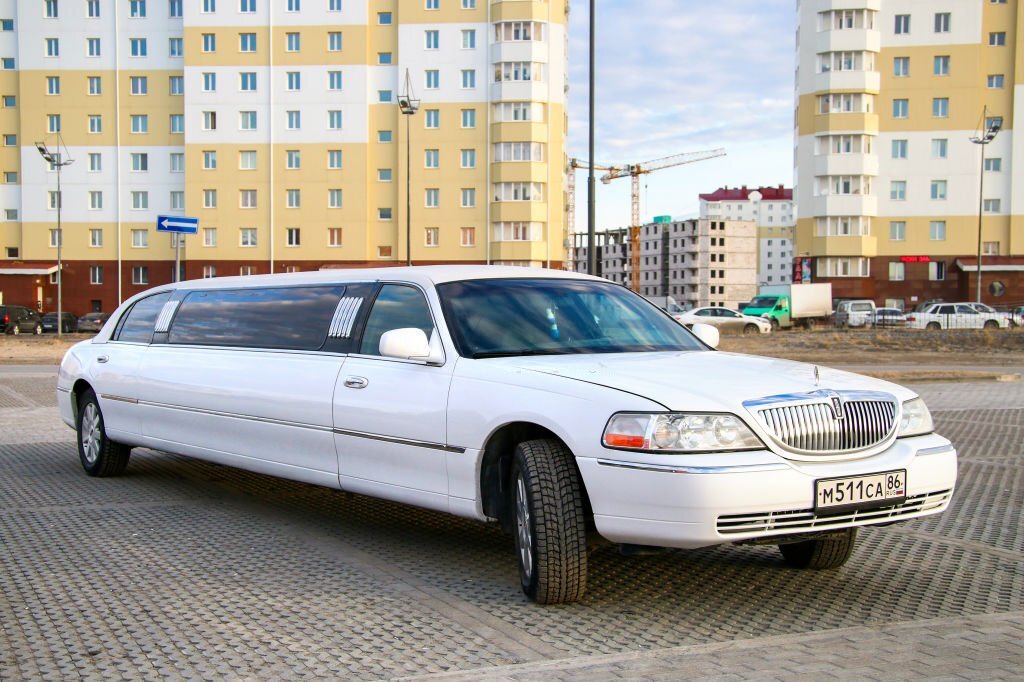Have you ever wondered why some people seem to have it all, effortlessly climbing the corporate ladder with impressive degrees from prestigious universities? Well, what if I told you that not all those degrees are as legitimate as they appear? In this article, we will delve into the murky world of fake bachelor’s degree and shine a light on this illicit trade.
The Rise of the Fake Degree Industry
With the increasing demand for higher education and the pressure to obtain a degree for career advancement, the market for fake bachelor’s degrees has been thriving. These counterfeit degrees often come with official-looking certificates and transcripts, making it difficult to distinguish them from genuine qualifications. As a result, unsuspecting employers may unknowingly hire individuals who lack the necessary skills and knowledge.
The Methods Behind the Trade
The process of obtaining a fake bachelor’s degree involves a complex web of deceit and fraudulent practices. Some individuals purchase counterfeit degrees from diploma mills, which are illegitimate institutions that offer degrees for a fee without requiring any academic work. Others may resort to forging documents, such as transcripts and recommendation letters, to create a false educational background.
The Consequences of Fake Degrees
The consequences of relying on fake bachelor’s degrees can be far-reaching. Employers who hire individuals based on fraudulent qualifications risk compromising the integrity of their organizations and undermining the value of genuine degrees. Furthermore, employees with fake degrees may lack the necessary skills and knowledge to perform their jobs effectively, leading to poor performance and potential legal issues.
Combating the Problem
As the demand for fake bachelor’s degrees continues to grow, it is crucial to take proactive measures to combat this issue. Employers should implement rigorous background checks and verification processes to ensure the authenticity of qualifications. Additionally, governments and educational institutions need to work together to strengthen regulations and penalties for those involved in the production and distribution of fake degrees.
Conclusion
The world of fake bachelor’s degrees is a dark and deceptive one, threatening the integrity of our education system and job market. By shedding light on this issue, we can work towards creating a society that values genuine qualifications and rewards individuals based on their true abilities. So, the next time you come across someone with an impressive degree, take a closer look and ask yourself, is it too good to be true?



